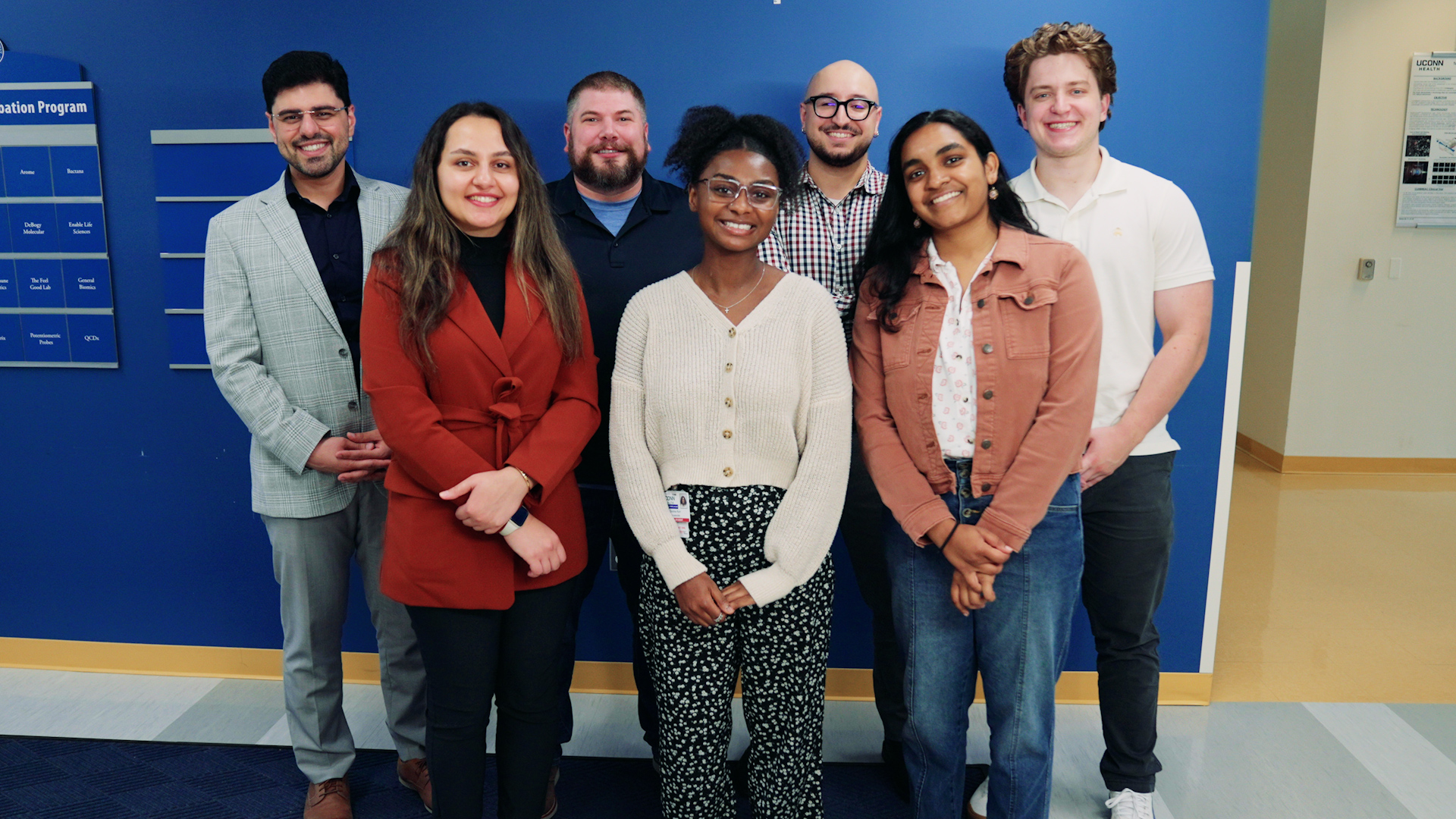Summary:
Airbound raised $8.65M in seed funding led by Lachy Groom to develop drones for one-cent deliveries
Founded by 20-year-old Naman Pushp, the startup uses a rocket-like tail-sitter design for high aerodynamic efficiency
The TRT drone aims to reduce delivery costs by 20 times compared to traditional methods, targeting 10 paise per kilometer
Current drone weighs 3.3 pounds with a 2.2-pound payload; future versions to support 6.6-pound payloads
Pilot program with Narayana Health in Bengaluru focuses on medical deliveries, with plans to expand to quick commerce and the U.S.
Airbound's Vision for Ultra-Cheap Drone Delivery
Airbound, an innovative Indian drone startup, has secured $8.65 million in seed funding to advance its mission of enabling one-cent deliveries using uniquely designed drones. The funding round was led by Lachy Groom, co-founder of Physical Intelligence, with participation from Humba Ventures, Lightspeed Venture Partners, and senior leaders from Tesla, SpaceX, and Anduril.
Revolutionary Drone Design
Founded in 2020 by Naman Pushp when he was just 15, Airbound has developed a drone that features a tail-sitter design, allowing it to launch vertically like a rocket and fly efficiently like a plane. The aircraft uses a blended-wing-body shape with two propellers, diverging from the common quadcopter setup. This design enhances aerodynamic efficiency, reducing the energy required for flight and enabling significant cost savings.
Achieving One-Cent Delivery
Pushp explains that traditional electric two-wheelers in India cost about ₹2 (approximately $0.02) per kilometer to deliver payloads under 3 kilograms. Airbound's drone, named the TRT, aims to slash this cost to as low as 10 paise (around $0.001) per kilometer by eliminating the human driver and reducing transport weight by roughly 30 times. This could lead to a 20-fold decrease in energy costs, making one-cent delivery a realistic goal.
Technical Innovations and Efficiency
The drone's carbon fiber frame and efficient design allow it to carry payloads efficiently. The current version weighs 3.3 pounds and can carry up to 2.2 pounds, with a future version targeting a 6.6-pound payload while weighing only 2.6 pounds. By using lithium-ion batteries instead of lithium-polymer, Airbound extends battery life to 500-800 cycles, reducing replacement costs—a major operational expense.
From Humble Beginnings to High Ambitions
Pushp started Airbound during the COVID-19 lockdown, inspired by Zipline. His early prototype, made from basic materials, won a $500 grant at a hackathon. Despite not getting into Y Combinator, he secured funding from sources like the 1517 Fund and Lightspeed, signing his first term sheet at 18. Today, Airbound has raised over $10 million and employs 50 people.
Pilot Programs and Future Plans
Airbound has launched a pilot with Narayana Health in Bengaluru, delivering medical supplies like blood samples and tests, with a goal of 10 deliveries per day. Beyond healthcare, the startup targets quick commerce, food delivery, and other last-mile sectors. Production is set to scale from one drone per day to over 100 drones daily, aiming for one million deliveries per day by mid-2027. Expansion to the U.S. is planned within three years, pending regulatory approvals from bodies like India's Directorate General of Civil Aviation.
Funding and Growth Strategy
The latest funding will boost manufacturing and operational expansion. By improving services and cutting costs through the pilot, Airbound prepares for broader adoption in 2026, positioning itself as a leader in efficient, autonomous logistics.







Comments